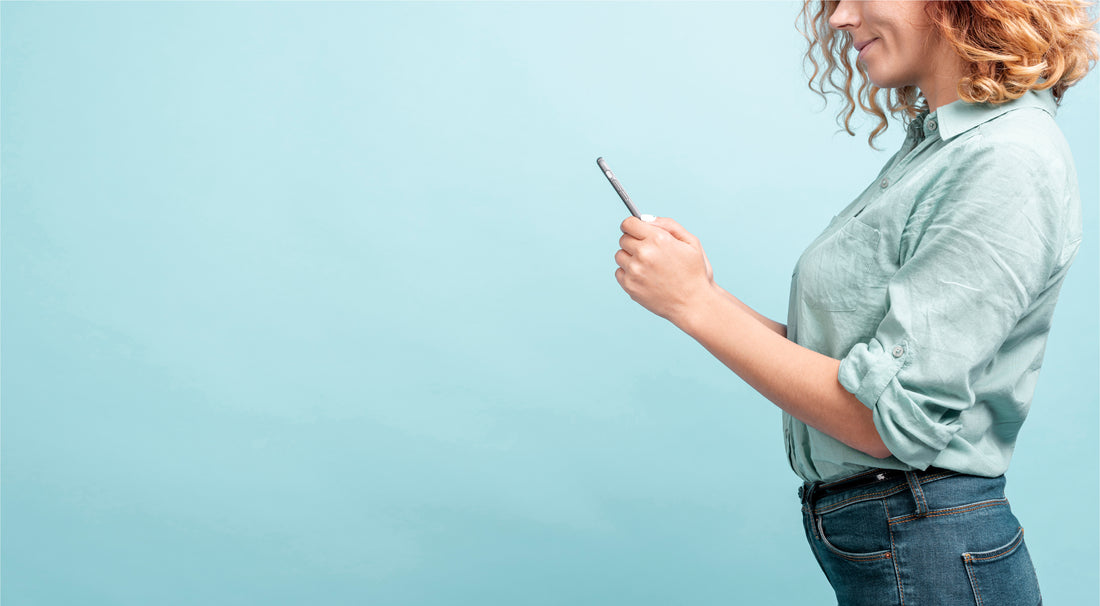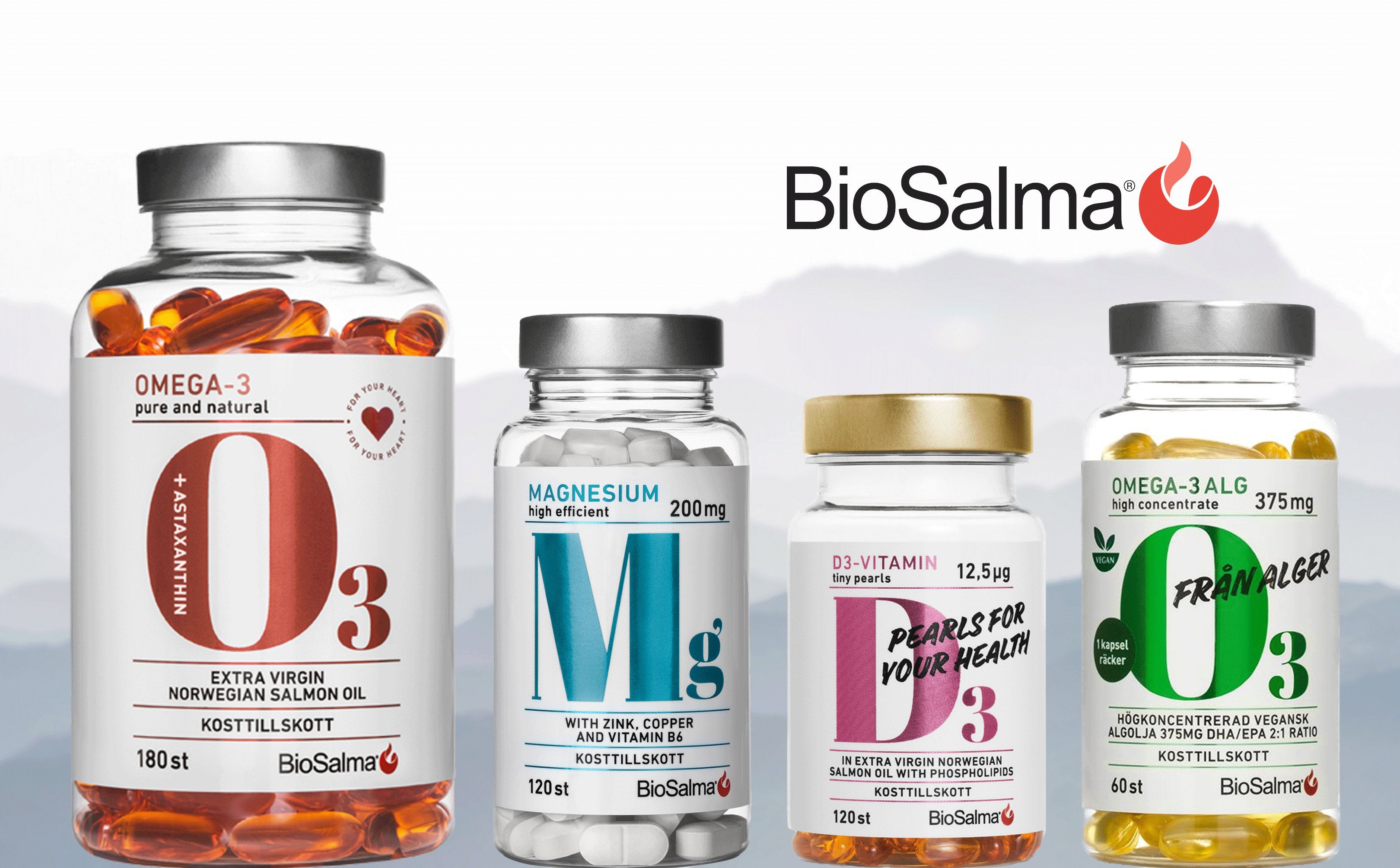Find answers in our FAQ section
Do you have any questions or comments? Contact our team.
Collapsible tabs
How long does delivery take?
How long does delivery take?
After ordering the goods, you can pick them up in the store or choose home delivery. All over Lithuania within 2-3 days. Valid, but not for frozen goods.
Do you deliver products to your home?
Do you deliver products to your home?
We deliver non-frozen products all over Lithuania. Frozen fish and seafood products are currently delivered only in Vilnius and Klaipėda, and we visit Kaunas several times a month.
If you are interested in delivery of frozen products, we are flexible, please contact us (info@fjord.lt) we will try to find the best solution for you. More: Delivery of goods
Is it safe to eat raw fish?
Is it safe to eat raw fish?
In short - the whole fish can be safely eaten*
We only source our fish from suppliers with the strictest world-class certificates**, which guarantee extremely careful and careful product processing and preparation conditions.
Also, our products are quick-frozen once and have never been thawed before they reach your shopping cart. In this way, we guarantee exceptionally fresh product quality.
* Seafood, such as shrimp and crab, if not heat-treated, must be cooked and should not be eaten raw.
** We take into account the following certificates: The Global Standard for Food SafetyBRCGS, GLOBALG.A.P (GGN), ASC, MSC, it is important that the products are free of GMO feed and Antibiotics.
What is MSC and ASC labeling?
What is MSC and ASC labeling?
These are two very important international labels for sustainably caught (MSC) or farmed (ASC) fish.
MSC (Marine Stewardship Council) is a fishery standard, which means that the fishery has not endangered the fish population, has preserved the diversity of ecosystems, and that the fishing systems have been in line with local, national, and international standards.
ASC (Aquaculture Stewardship Council) is a labelling system that ensures that the farming of fish is not having an impact on the local ecosystem.
For more information, visit: https://nykstazuvys.lt/
Will my order be packaged?
Will my order be packaged?
Yes, every order is tightly packaged.
What payment methods do you accept?
What payment methods do you accept?
Paysera - we give you the freedom to choose how you would like to pay in the Fjord Sales e-shop. Choose your bank SEB, Swedbank, Luminor, Revolut, Citadele or any other bank.
Direct bank transfer - Do you need an invoice or prefer direct payment? If you choose “Pay by bank transfer”, we will arrange a pre-invoice for you for a direct bank transfer to our bank account. Pay on collection - If you wish to pay for your goods when you collect your products on site, by courier or from a parcel terminal, please choose the payment method “Pay on collection”.



